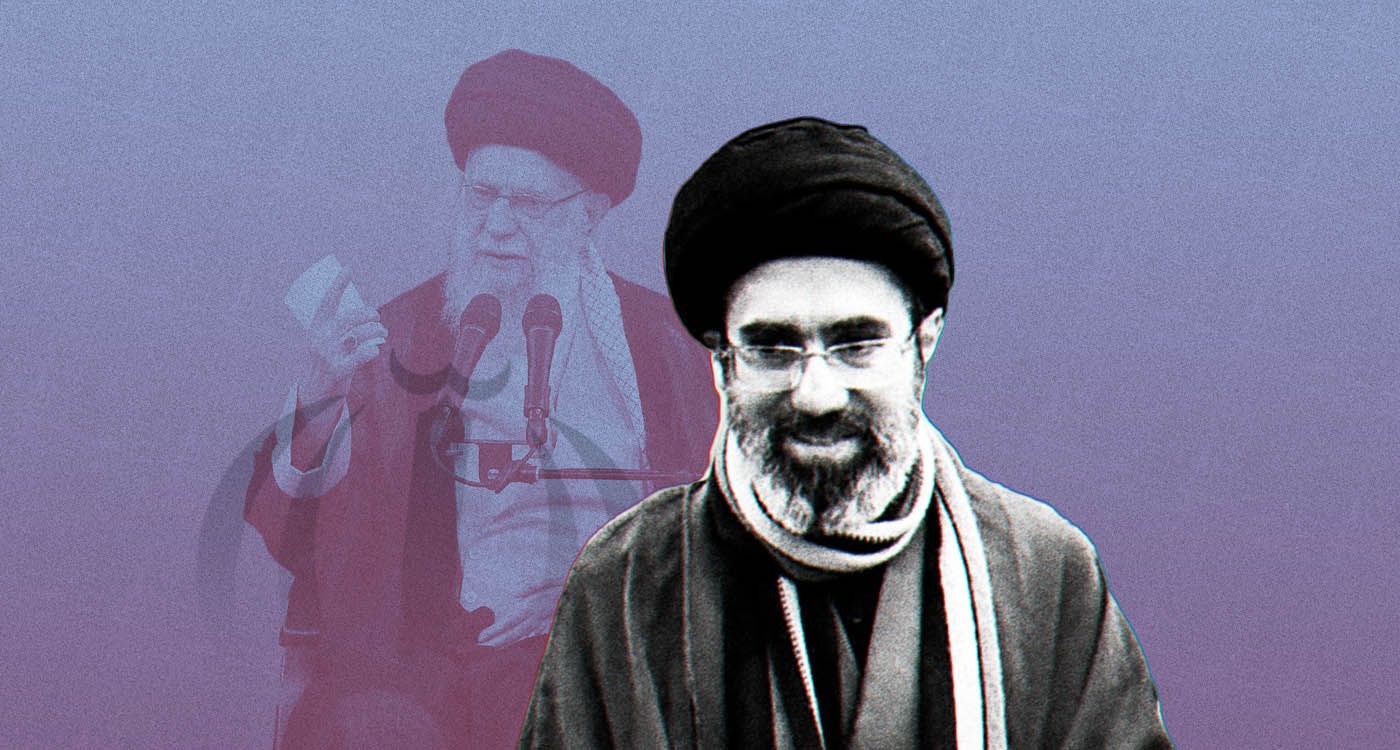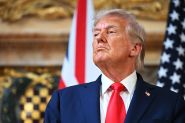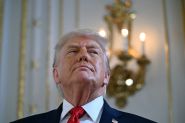- Home
- Middle East
- Mojtaba Khamenei: The Shadow Prince of the Islamic Republic

©This is Beirut
Iran's Supreme Leader Ali Khamenei's second son, Mojtaba Khamenei, was chosen as his father's successor in September at a secret meeting of the Assembly of Experts, according to Israeli media outlet Yedioth Ahronot.
The Assembly of Experts, whose members are 88 clerics elected by direct universal suffrage, is responsible for electing the next Supreme Guide. Although no official announcement has yet been made, “Khamenei has long been seeking to position his son as his successor”, pointed out Ali Fathollah-Nejad, director of the Centre de réflexion pour le Moyen Orient et l'ordre global (CMEG), last July.
Close to IRGC
Mojtaba Khamenei, the influential son of Supreme Leader Ali Khamenei, is a discreet yet powerful cleric often seen as the shadow power of the Islamic Republic. Regarded as a potential successor, he exerts considerable influence over Iran’s security and political apparatus, bolstered by his close ties with the Revolutionary Guards.
Born in 1969 in Mashhad, a huge urban center near the Afghan border, Mojtaba grew up in a politically charged environment as one of six siblings. His early years were shaped by his father's staunch opposition to the Shah, which led to multiple arrests by the SAVAK, the regime’s secret police.
Following the 1979 Islamic Revolution, the Khamenei family relocated to Tehran, where Mojtaba attended the elite Alavi High School, graduating in 1987. During his studies, he also joined the Islamic Revolutionary Guard Corps (IRGC), the mullah regime’s ideological military force.
During the Iran-Iraq War, Mojtaba served in the IRGC’s “Habib Battalion,” where he formed connections with future key figures in Iran's security establishment, solidifying his influence within the system.
The elevation of his father to Supreme Leader in 1989 marked a crucial turning point in Mojtaba’s life. He then pursued advanced studies in Islamic theology and jurisprudence under the mentorship of influential clerics, first in Tehran and later in Qom, located to the south and renowned as the heart of Shia scholarship. These academic pursuits strengthened his position among the religious elite, despite his relatively low rank within the clergy.
Involved in Repression
Since the early 2000s, Mojtaba Khamenei has become a powerful behind-the-scenes figure in Iranian politics. He is accused of orchestrating Mahmoud Ahmadinejad’s 2005 presidential victory and played a central role in the violent crackdown on the 2009 Green Movement protests, directly leading the Basij, the IRGC’s internal security branch, to crush dissent.
Simultaneously, Mojtaba is believed to have controlled vast financial assets, including a $1.6 billion bank account frozen by the UK in 2009.
His influence extends well beyond politics, bolstered by close ties to Iran’s security forces and key media outlets, particularly the State-run Islamic Republic of Iran Broadcasting (IRIB), which enhances his authority beyond that of many official leaders.
As speculation over his potential succession to Supreme Leader has intensified, especially following Ali Khamenei’s declining health, Mojtaba has assumed a central role in managing Iran’s economic crisis and rising internal unrest, including the brutal repression of protests in 2019-2020 and 2022.
Additionally, he has deepened his connections with Shiite militias across the region, particularly in Iraq and Syria, playing a key role in expanding Iran’s influence in the Middle East.
Toward Dynastic Consolidation?
With the death of former President Ebrahim Raisi in May 2024 in a helicopter crash, a position once seen as his natural inheritance, Mojtaba Khamenei’s potential succession to Supreme Leader has become increasingly likely. However, significant obstacles remain, particularly the doubts within the clerical establishment about his religious qualifications.
Despite his undeniable power, Mojtaba remains an elusive and enigmatic figure. Rarely seen in public and almost never featured in Iranian media, he has cultivated an image of a humble, discreet cleric — a stark contrast to his reported role in political maneuvering and State repression. His ability to navigate the intersecting spheres of religion, military, and politics has secured his position as a key player in Iran’s State apparatus, yet has also made him a controversial figure, viewed by some as a potential usurper.
As Iran faces the prospect of a leadership transition, Mojtaba’s role remains uncertain but critical. If he succeeds his father, he could become the symbol of a dynastic consolidation of power within the Islamic Republic, challenging the foundational principles of Iran’s theocratic system.
Read more




Comments